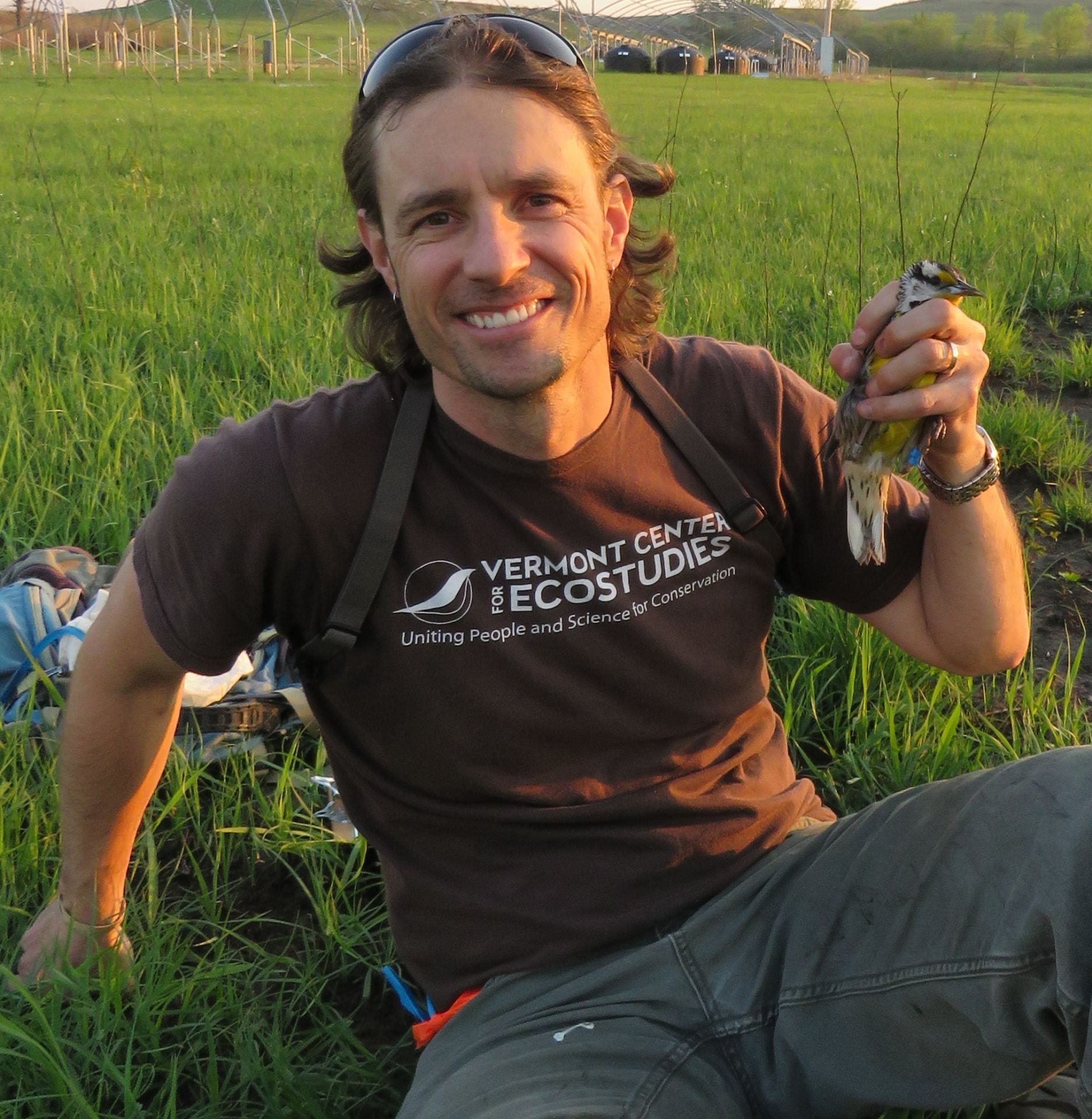With Jason Hill

Presented by UCALL and
the Kelly Adirondack Center
April 27, 2022 at 7:00 p.m.
Reamer Auditorium
Reamer Campus Center
on the Union College Campus
This event is free and open to the public.
Jason Hill
As a kid from Iowa, Jason (he/him) grew up enamored with how the natural world managed to exist in a heavily modified agricultural landscape. A lifelong naturalist, Jason followed graduation from the University of Montana (BS, Wildlife Biology) with a series of wildlife-based adventures that found him monitoring sea otters in California, tracking endangered Red-Cockaded Woodpeckers in Florida, researching House Wrens at La Selva Biological Station in Costa Rica, and many others. On Maui, his crew was tasked with capturing the three remaining po’ouli: a Hawaiian honeycreeper that has now been declared extinct. His biocentric wonder (and his partner) led him to New England, where he joined the Vermont Center for Ecostudies as a quantitative ecologist and conservation biologist in January 2015.
At the Vermont Center for Ecostudies, Jason wears many hats. He primarily investigates avian and invertebrate ecology within the montane spruce-fir community, coordinates and directs the community science project Mountain Birdwatch, studies the effects of powerline management practices on bumble bees and milkweed specialists, coordinates the Suds & Science discussion series and cranks out R and BUGS code on demand for his colleagues.
In his free time, Jason enjoys macro photography of insects, paddling, hiking, woodworking, and observing nature. You can often find him hitting the trails with his sons, Heron and Lynx, and his permanent belay partner, Katie. And he is still a kid, at heart.
A recording of this program is available here: